Brazil’s supreme court on Tuesday authorised the restoration of public access to Elon Musk’s X following a month-long ban, after the billionaire backed down in his feud with the top tribunal and agreed to remove extremist content from the social media platform.
The climbdown represents an about-face for Musk, who for months had taunted the court, accusing Justice Alexandre de Moraes of being a “dictator” for demanding that X remove accounts linked to far-right groups in Brazil.
“This quarrel with X demonstrated that no individual, no corporation and no platform is above the law,” said Luca Belli, a professor at the Getulio Vargas Foundation law school in Rio de Janeiro.
“Although many people have tried to frame this as a freedom of speech issue, at the end it really boils down to sovereignty, to the capacity of a country to regulate services and technologies according to laws,” Belli added.
Access to X in Brazil was suspended by Moraes at the end of August after the company ignored a court deadline to appoint a legal representative for its Brazilian operation — a requirement under the country’s civil code.
Musk had weeks earlier shuttered X’s office in São Paulo and dismissed its legal representative, alleging that she had been threatened with fines and arrest over the company’s refusal to remove content.
For much of this year, Musk publicly goaded Moraes on social media, demanding his impeachment and posting mocked-up photos of the justice in prison.
The actions made the billionaire a hero among many on the Brazilian right, who believe a long-running crusade against online disinformation and extremism by the judge had gone too far.
One month into its suspension, however, X changed course, agreeing to appoint a legal representative in Brazil and pay millions of dollars in fines, including fees imposed on the platform after it briefly skirted the ban last month using a technical manoeuvre.
X also agreed to remove the accounts that provoked the feud between the judge and the billionaire in the first place.
Ahead of lifting the ban, Moraes unfroze bank accounts and assets linked to both X and Musk’s satellite internet provider Starlink.
The latter had been frozen because Moraes deemed Starlink to be part of a “de facto economic unit” with X.
Starlink is a wholly owned subsidiary of SpaceX, in which Musk owns about 40 per cent of the stock, but commands 79 per cent of voting rights.
Before the ban, X had roughly 20mn users in Brazil, making it the ninth most popular social media platform, far behind Instagram and TikTok.
After the suspension, millions of Brazilians flocked to Bluesky, a similar microblogging site, which claims to have 10mn users worldwide.

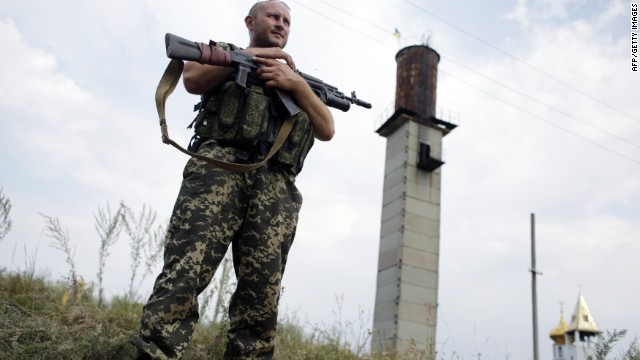
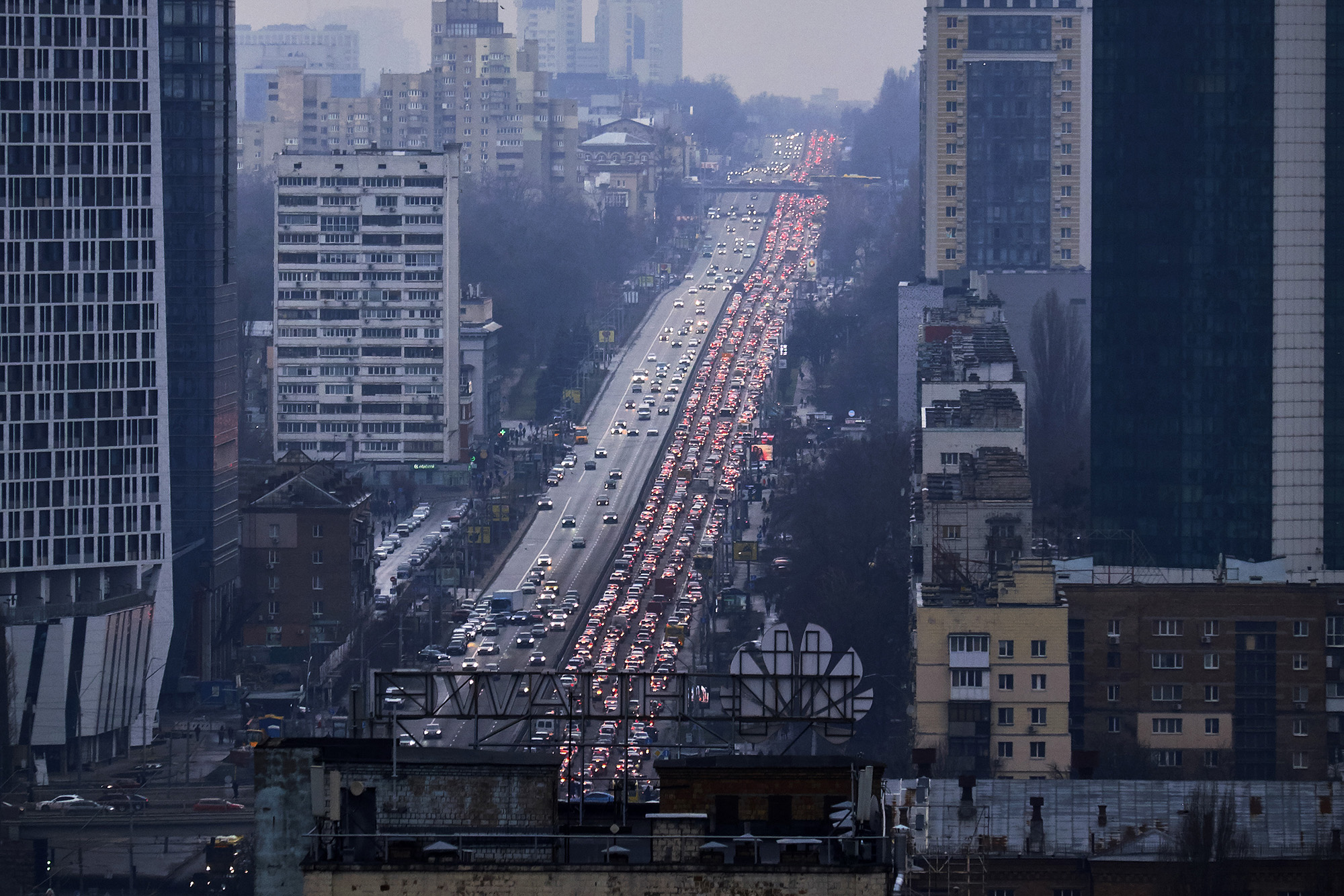



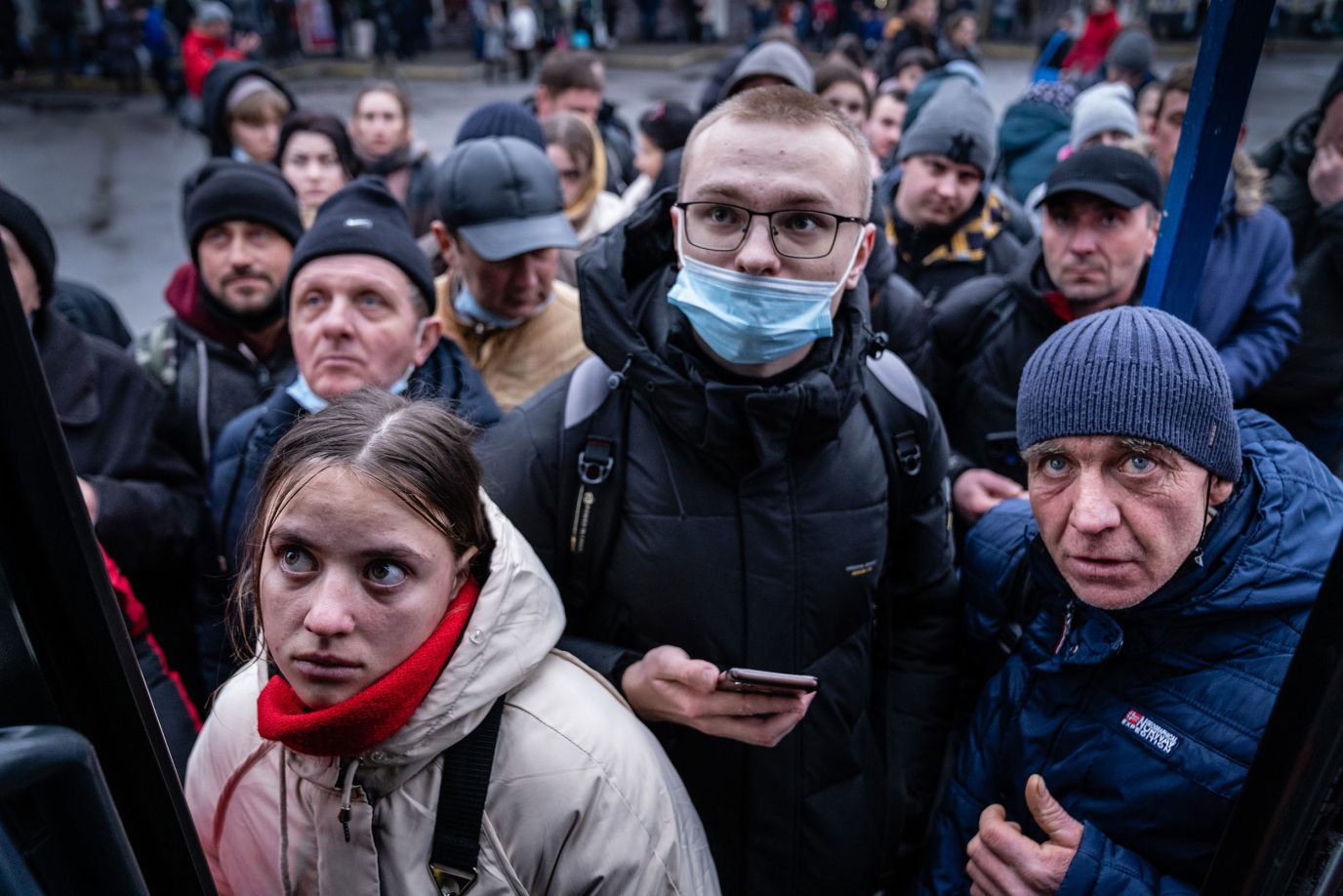


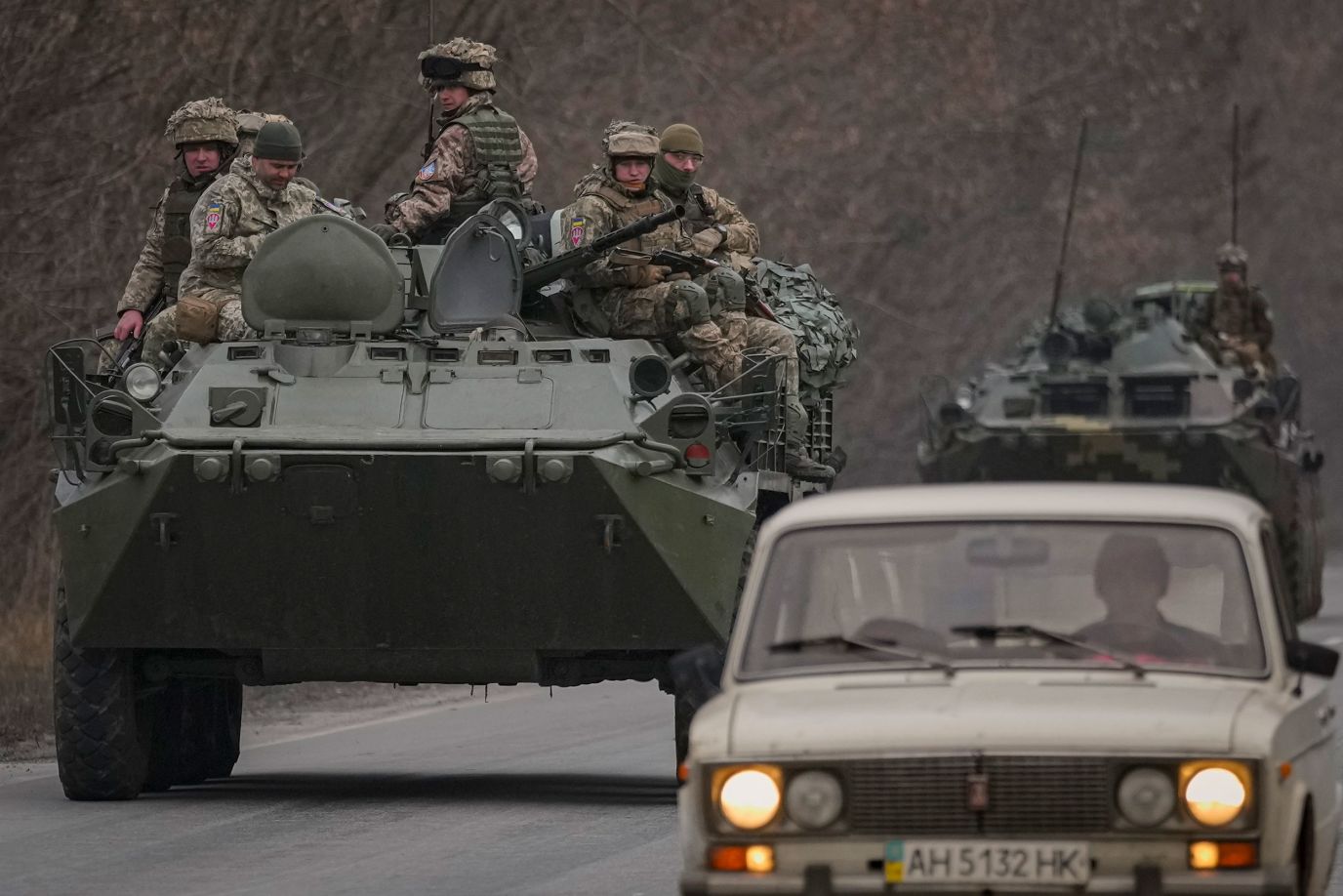

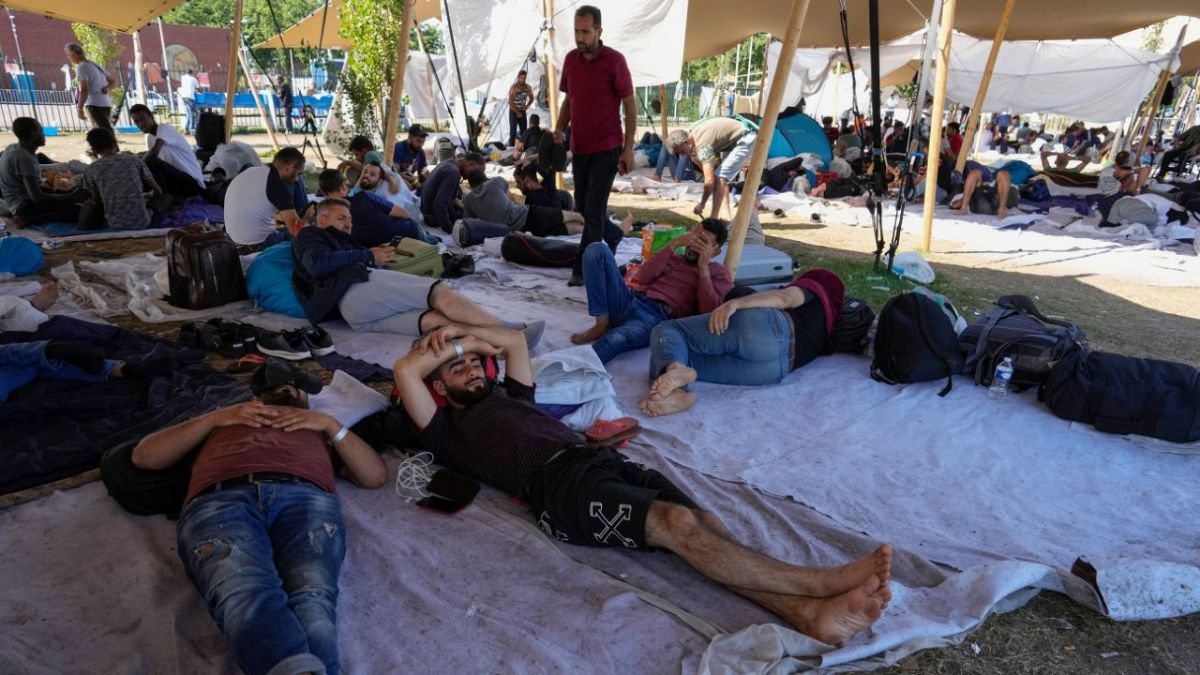




















/cdn.vox-cdn.com/uploads/chorus_asset/file/25439572/VRG_TEC_Textless.jpg)






